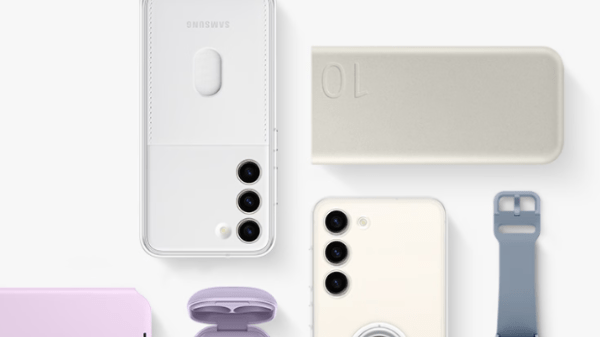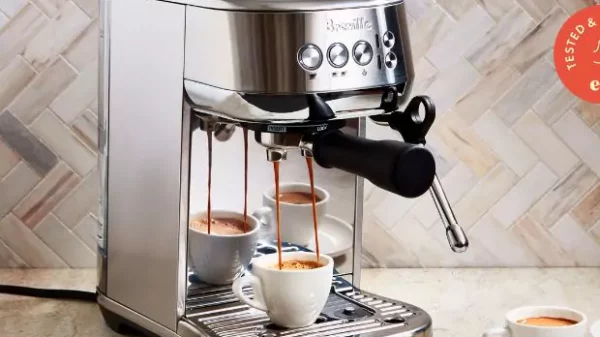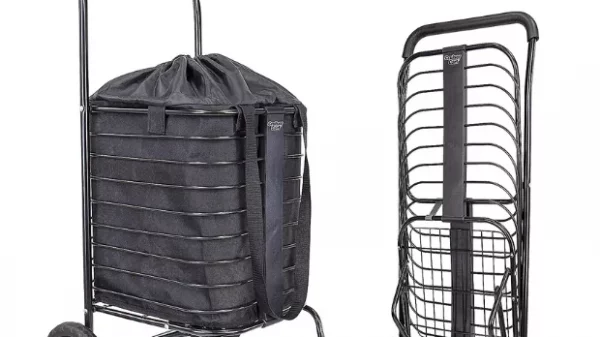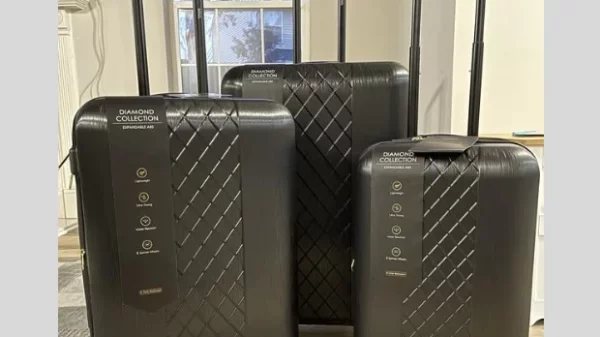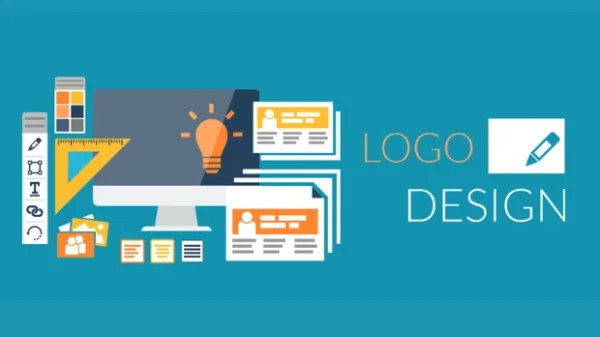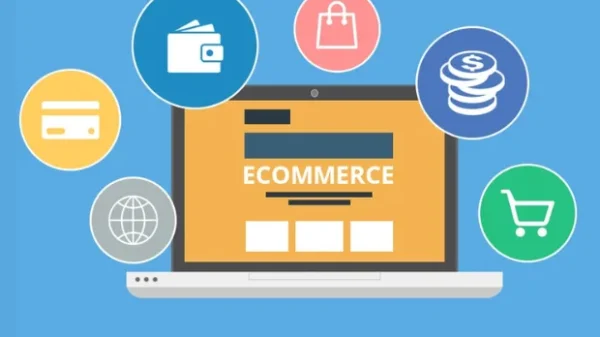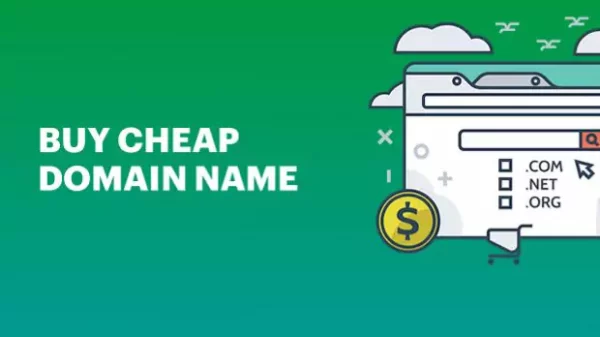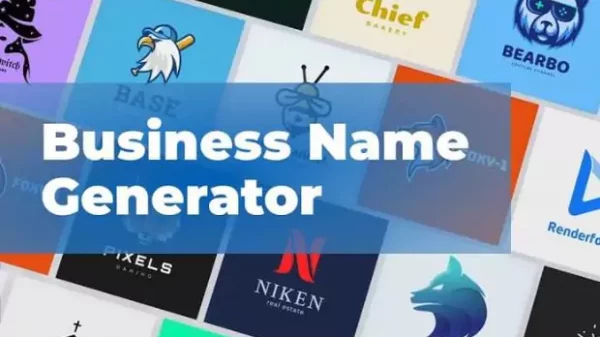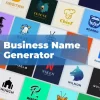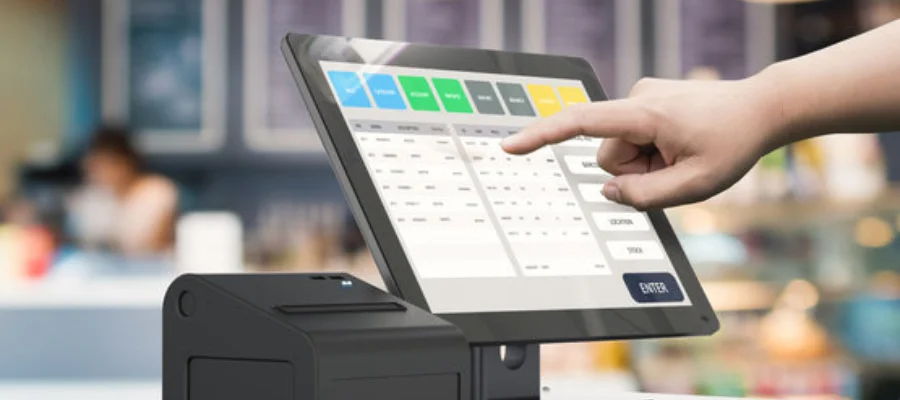
pos system pricing | Hermagic
As groups continue to conform in an unexpectedly digitising global community, the Point of Sale (POS) machine has come to be an important device for handling income, inventory, and patron relationships. Whether you are a small boutique proprietor or strolling a big retail chain, knowledge of POS system pricing is essential to making an informed decision that aligns with your enterprise desires and budget.
What is a POS System pricing?
A POS system is the software and hardware that agencies use to complete income transactions. Traditionally, POS systems were simple cash registers, however, contemporary systems have advanced into complete structures that control the whole thing from inventory tracking to patron loyalty programs. A POS device commonly includes the following.
- Software: The primary device that approaches sales, manages inventory and tracks client records.
- Hardware: Physical gadgets like registers, barcode scanners, receipt printers, and card readers.
- Integrations: Connections with different software programs, along with eCommerce platforms, accounting gear, and consumer courting control (CRM) systems.
Factors Influencing POS System Pricing
When comparing POS structures, pricing is motivated by using numerous key factors.
1. Software Costs
The software aspect of a POS gadget can vary drastically depending on its features and features. Basic systems may also offer easy transaction processing and inventory management, whilst extra superior structures offer distinctive analytics, patron management, and multi-shop abilities. Software pricing is generally structured in one of the following approaches.
- Monthly Subscription Fees: Most cloud-primarily based POS systems price a month-to-month price, which can range from $29 to $299 or more, depending on what additional feature they are covered by the plans.
- Per-User or Per-Location Fees: Some POS vendors fee primarily based on the wide variety of users or locations. This may be an essential consideration for organisations with more than one outlet.
- Add-On Features: Advanced functions like loyalty applications, eCommerce integration, and advanced reporting may incur extra expenses.
2. Hardware Costs
The fee of POS hardware relies upon at the precise needs of your business. A fundamental setup might consist of an iPad or pc, a card reader, and a receipt printer, even as extra complicated setups may want to encompass barcode scanners, cash drawers, and purchaser-dealing with presentations. Hardware charges can vary from some hundred greenbacks to several thousand, depending on the emblem and quality of the system.
3. Payment Processing Fees
This is one of the key features of the POS system pricing, these types of processing fees are often charged after every single transaction is successfully made. The fee charges can vary depending on the cards and company as well. But, mostly the processing fees are around 2% to 3%.
4. Installation and Setup Fees
Some POS system pricing requires expert installation, particularly those with complicated hardware setups. Installation fees can vary based totally on the complexity of the machine and the company. Cloud-based total POS structures, on the other hand, are often easier to install and might not require professional setup assistance.
5. Support and Maintenance
Ongoing help and protection are important for preserving your POS device strolling easily. Some carriers offer help in their month-to-month subscription prices, at the same time as others fee more for premium help or on-website online assistance. Consider the extent of help you may want, mainly in case you’re not tech-savvy or in case your business operates at some point of non-general hours.
6. Custom Development
For groups with unique wishes, custom development may be essential to tailor the POS gadget to precise necessities. This can consist of integrating with other commercial enterprise software, customising reports, or growing specific features. Custom improvement commonly comes at an additional cost.
Common POS System Pricing Models

Common POS System Pricing Models
POS structures are generally priced below one of the following models.
1. Flat Monthly Subscription
This is the most common pricing version for cloud-based total POS structures. You pay a hard and fast monthly fee to get access to the software, with the price depending on the range of features and users. This version is predictable and allows organisations to price range for their POS device effortlessly.
2. Pay-As-You-Go
Some POS structures provide a pay-as-you-cross model, in which you best pay for what you operate. This may be useful for seasonal agencies or those with fluctuating sales volumes. However, consistent transaction fees can be a major expense, so it’s crucial to calculate whether or not this version will have a monetary value in the end.
3. Tiered Pricing
Tiered pricing offers exclusive levels of service at distinctive fee points. Basic stages might also include important features like transaction processing and stock management, while better stages offer superior features inclusive of specified analytics, multi-place assist, and consumer loyalty applications. This model allows groups to pick out the level of provider that meets their needs.
4. Custom Pricing
For massive or complex companies, some POS vendors offer custom pricing primarily based on the particular desires of the business. This regularly includes custom improvement, committed support, and corporation-level features. Custom pricing is generally negotiated at once with the company.
Why Choose Shopify for Your POS System Pricing?
Shopify is well-known as one of the leading eCommerce structures, but it also offers a strong POS system pricing under affordable month plans that seamlessly integrate with its online store. Here’s why Shopify is a smart preference for your business.
1. Seamless Integration with eCommerce
The Shopify POS system is designed to work flawlessly together with your Shopify online store. This integration allows you to manage each of your in-store and online sales from a single platform, streamlining operations and providing a unified view of your commercial enterprise. Inventory, orders, and consumer history are routinely synced, making it less difficult to manage your commercial enterprise.
2. Affordable and Transparent Pricing
Shopify gives transparent and affordable pricing options, making it available for businesses of all sizes. The POS software program is protected in all Shopify plans, without an extra month-to-month price for the use of the POS devices. You must effectively pay for the Shopify plan that fits your commercial enterprise requirements, and you can choose to feature features like Shopify Payments for seamless price processing.
- Basic Shopify Basic Plan: £25 per month (includes POS Lite)
- Shopify Plan: £65 in line with a month (consists of POS Lite)
- Advanced Shopify Plan: £344 consistent with the month (consists of POS Pro)
- POS Pro, an advanced model of Shopify’s POS, is available in a starter plan in keeping with a month in keeping with the area and offers features like limitless registers, advanced reporting, and in-store analytics.
3. Flexible Hardware Options
Shopify POS works with a number of smart devices, which include iPads, iPhones, and Android devices. You should buy hardware at once from Shopify, consisting of card readers, barcode scanners, and receipt printers, or use your present device. This flexibility allows you to personalise your POS setup in line with your business desires and price range.
4. Integrated Payment Processing
With Shopify Payments, you can easily process bills at once through your POS device without needing a 3rd-celebration charge processor. Shopify Payments offers aggressive transaction costs, beginning at 2.7% if done in person for transactions. Additionally, the usage of Shopify Payments eliminates the need to pay more charges for integrating a separate payment processor, simplifying your price processing and reducing fees.
5. Advanced Features with POS Pro
For businesses that need more superior features, Shopify POS Pro gives extra competencies, along with the following.
- Unlimited Staff PINs: Assign individual PINs to each workforce member for tracking sales and handling online access.
- Smart Inventory Management: Get certain insights into inventory tiers, low-stock signals, and hints for reordering.
- In-Store Analytics: Access particular reviews on in-store performance, together with income, orders, and client behaviour.
- Custom Receipts: Personalise receipts along with your branding and messages to beautify the customer experience.
6. Exceptional Support and Resources
Shopify provides 24/7 customer support through smartphones, e-mail, and live chats. In addition to direct aid, Shopify offers multiple resources, consisting of tutorials, webinars, and a community discussion board, to help you get the most from your POS device. This ensures that you have the assistance you want each time you want it.
Conclusion
Choosing the proper POS system pricing is a crucial decision for any commercial enterprise, and knowing the pricing features, and factors involved assists you in making a knowledgeable choice. Shopify stands proud as the best competitor because of its seamless integration with eCommerce, transparent and less expensive pricing, flexible hardware alternatives, and a huge range of functionalities designed to meet the needs of modern-day online retailers. Whether you’re a small retailer or a large corporation, Shopify POS offers the equipment and guide you need to manage your income, streamline operations, and grow your commercial enterprise.
For more information visit Hermagic.
FAQs








